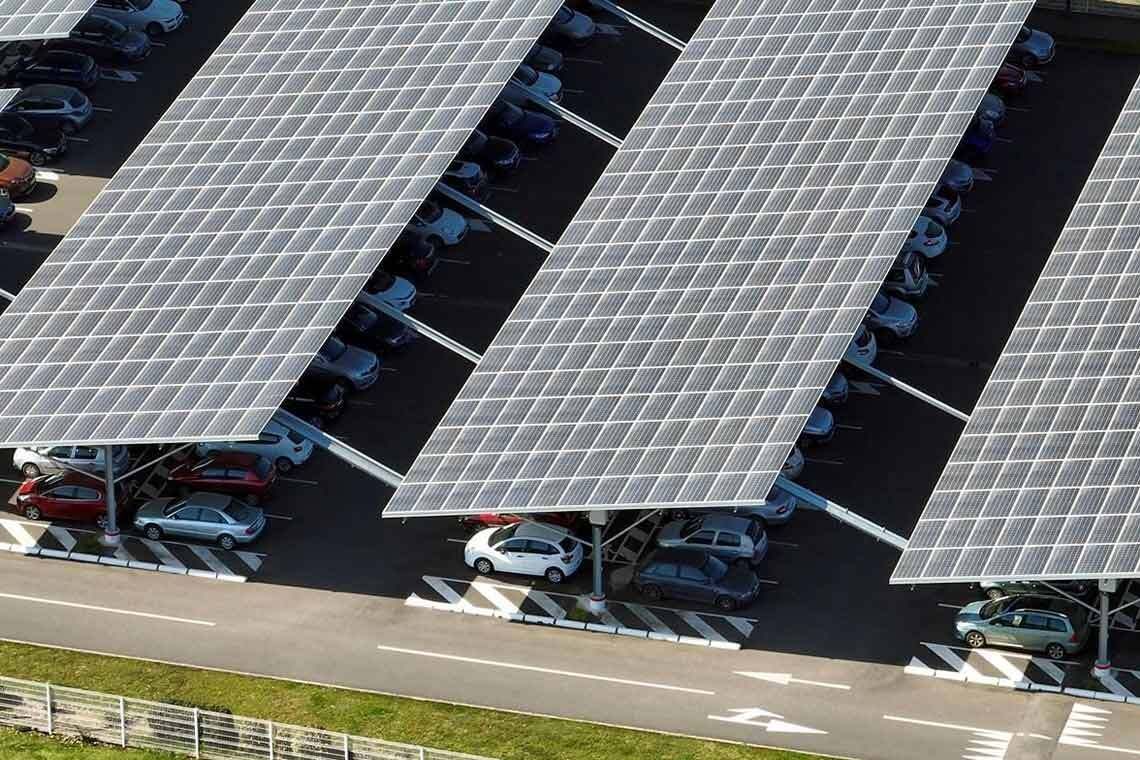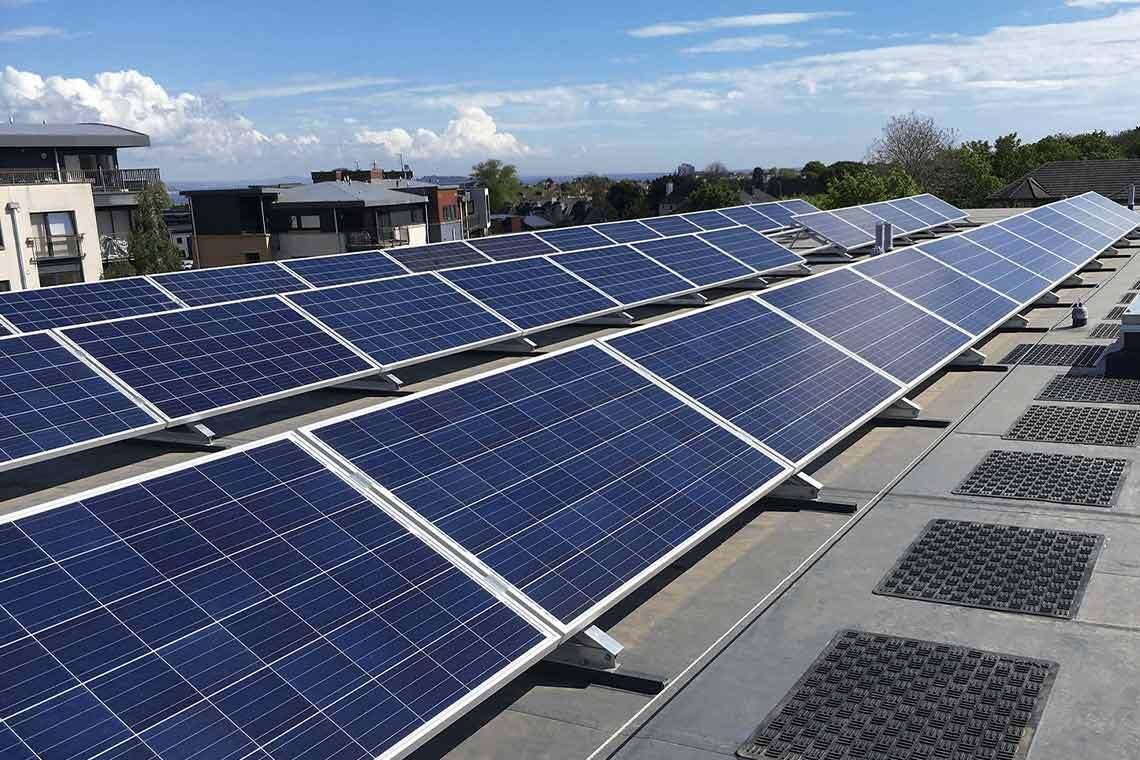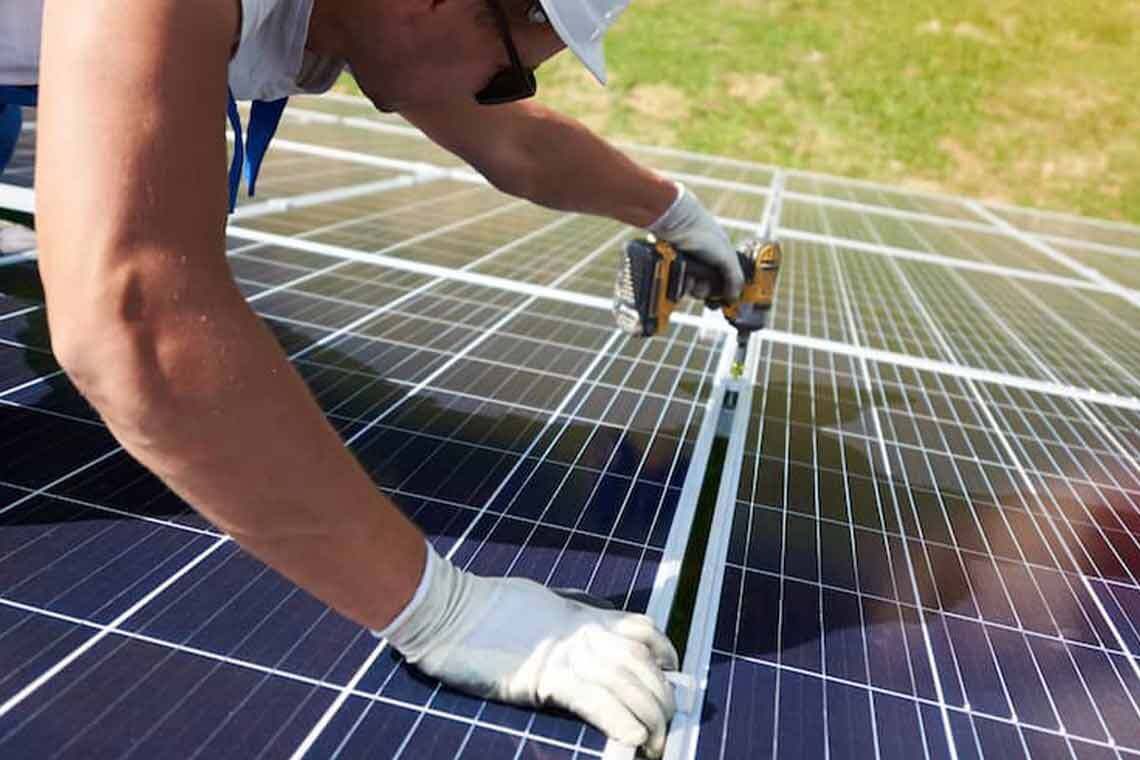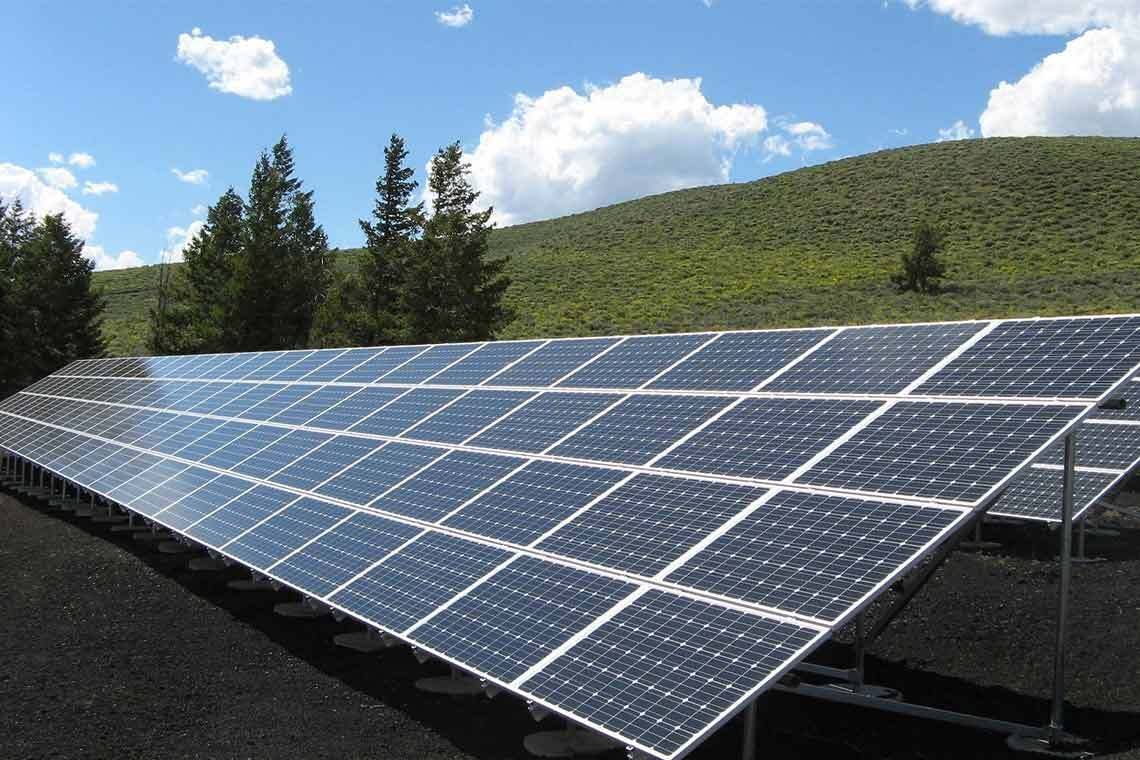
Harnessing the Sun's Power: Benefits of Solar Panels

Solar power is a clean, renewable energy source that produces zero emissions when generating electricity, helping to mitigate the global challenge of climate change. By choosing the installation of solar panels, you contribute directly to the reduction of greenhouse gas emissions and dependence on fossil fuels. Here is a comprehensive guide to the fundamentals of solar energy.
Solar energy technology has made significant advancements in recent years, bringing it to the forefront of the energy industry. Solar energy is generated by capturing energy from the sun and converting it into usable electricity. The sun’s energy is then transformed into direct current (DC) electrical energy using photovoltaic (PV) cells. Understanding the basics of solar energy and how it works can help people make informed decisions about whether or not to invest in solar-powered renewable technology.
Understanding the basics of solar energy and how it works can help people make informed decisions about whether or not to invest in solar-powered technology. Solar energy has several advantages over traditional fossil fuels:
- Clean Energy: Solar energy is a clean energy source that does not produce any greenhouse gases or other harmful pollutants. It is environmentally friendly and sustainable.
- Cost-Effective: Solar energy is becoming increasingly cost-effective as technology advances. This makes it a more attractive option for homeowners and businesses looking to reduce their energy costs.
- Energy Independence: Solar energy can provide homeowners and businesses with energy independence, allowing them to generate their own electricity instead of relying on the grid.
- Reduced Energy Loss: Solar energy can be generated right where it is needed, reducing energy loss during the transmission and distribution process.
Solar panels are undeniably one of the most innovative inventions in this era. As we constantly strive to search for sustainable sources of energy, solar panels have proven to be a reliable option. These panels convert sunlight into electricity that can power homes, businesses, and entire cities. In this article, we will delve deeper into the intricacies of solar panels, how they work, and what advantages they offer.
The Benefits of Solar Panels
Here are a few reasons why we should consider the benefits of solar panels and installing them:
- Clean Energy: Solar panels produce no greenhouse gases or pollutants, making them a clean energy source. This can help reduce our carbon footprint.
- Lower Energy Bills: Once installed, solar panels can drastically reduce or even eliminate energy bills. This can have a huge impact on yearly savings.
- Reliability: Solar panels have proven to be a dependable source of energy. As long as the sun is shining, the panels can produce energy, even on cloudy days.
- Increased Property Value: A home with solar panels is typically worth more than a home without them. This can be a great investment for those looking to sell their home in the future.
Key Takeaways
- Solar panels harness the sun's energy to produce electricity.
- Photovoltaic cells are made of silicon and produce a flow of electricity when sunlight hits them.
- Solar panels are a clean, reliable, and cost-effective source of energy.
- Installаtion of solar panels can positively impact your property value, energy bills, and our environment.
Conclusion: A photovoltaic system is a unique electrical system that produces energy from a renewable and inexhaustible source: the sun. It’s not true that solar cells only work when the sun is shining. But they won’t generate as much power on a cloudy day as on a sunny one. There are many brands and types of solar PV systems available, and new technologies are continually being developed. Choosing the right system for your household can deliver cheap power for many years.








